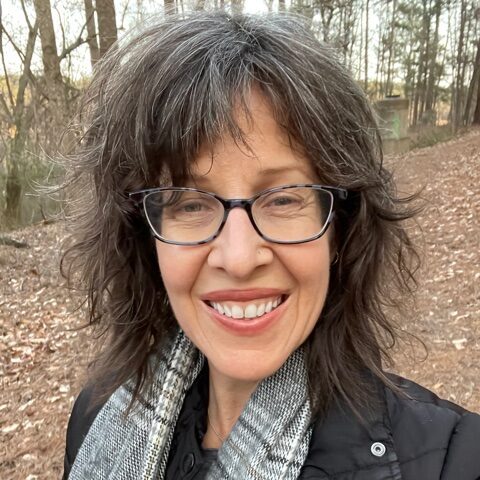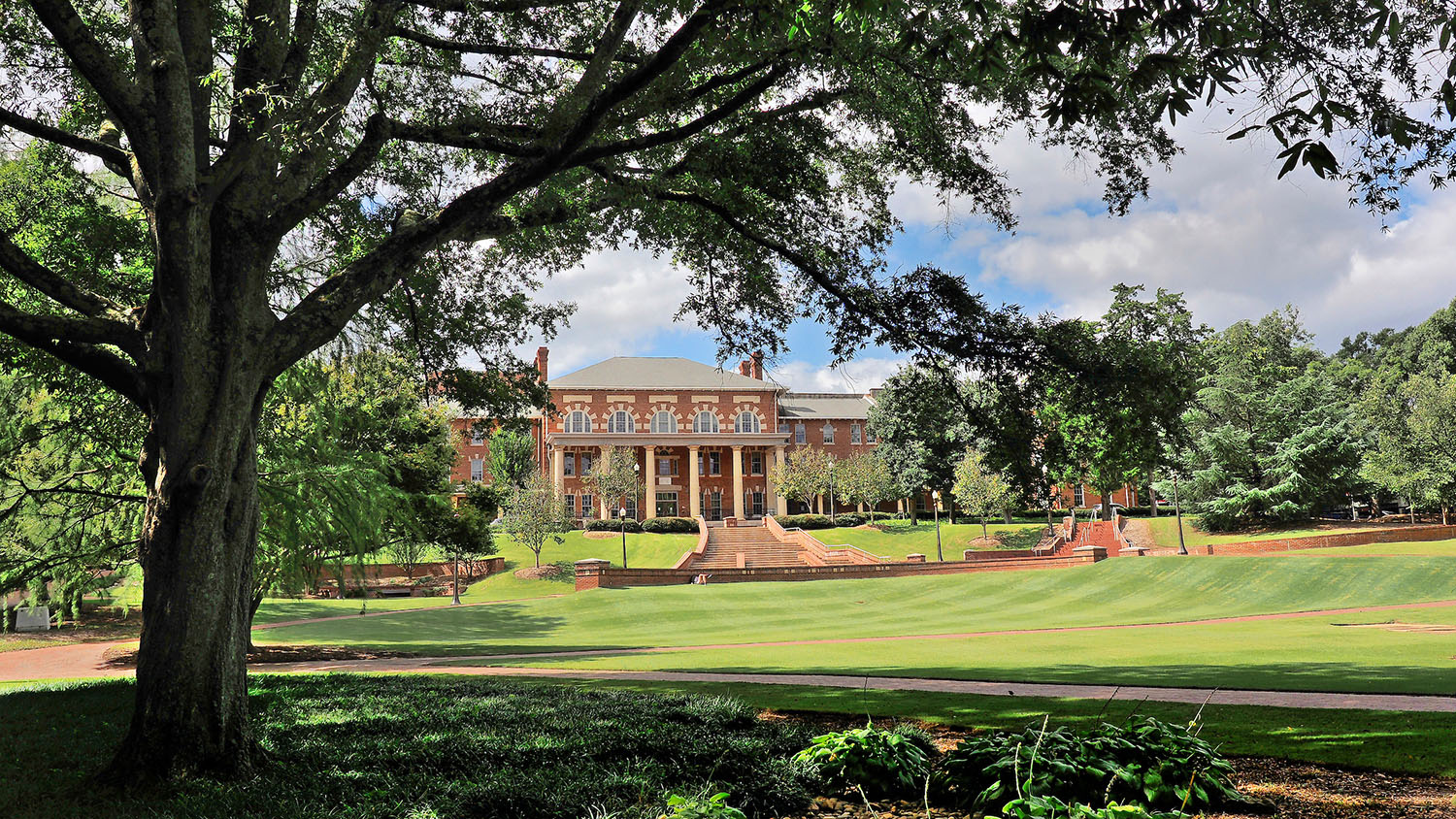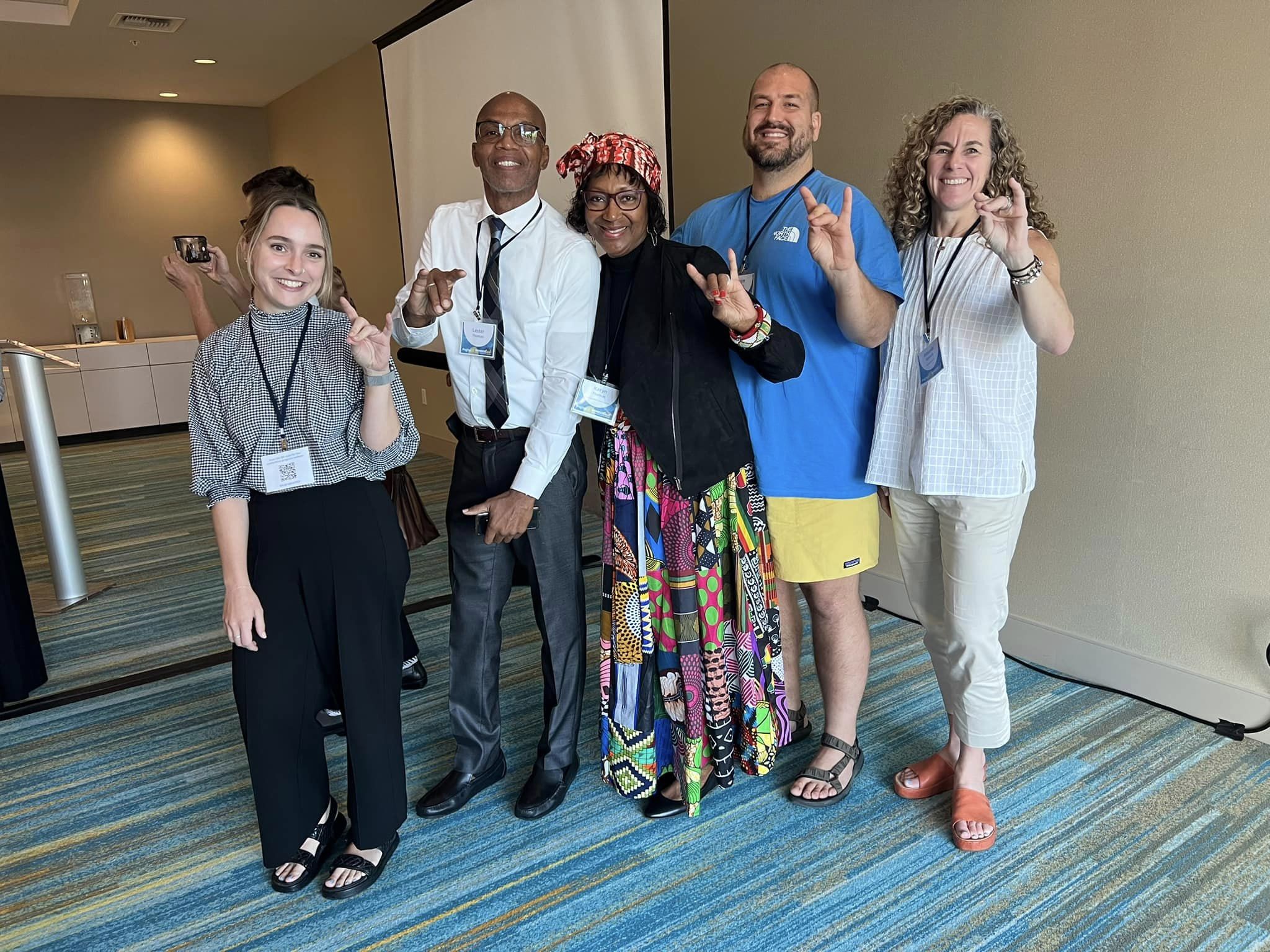What is your academic and/or professional background?
I double-majored in Spanish and Education for my undergraduate degree at Michigan State University, with a minor in French, and graduated in 1992. Following graduation, I worked as a substitute teacher in Spanish and French for West Michigan area public schools and then moved to Madrid to teach English at the American Language Academy in 1993. From Spain, I applied for graduate school at the Department of Spanish and Portuguese at New York University, which I attended while working as a teaching assistant for the next five years. In 2000, I moved to California to work as a lecturer in Spanish at Stanford while completing my dissertation. After finishing, I moved to Raleigh in 2004 to begin working with the Department of Foreign Languages and Literatures at NC State.

When/Why did you become interested in your area of study/research?
My first major area of focus largely intersected with art history and museum studies, which drew me in for several reasons. As a child, I had an extended family member (whom we visited regularly) who was an art collector and specialist in Pre-Columbian hieroglyphs, and also my father was a Spanish and Mexican history teacher who exposed me to some of the major archeological ruin sites in Mexico when I was a teenager. This exposure, along with the coursework in graduate study, solidified my interest in the ways in which things like national patrimony are created and managed– how and why that happens, and which dynamics are rendered visible and invisible during those processes. Next, I plan to turn my focus to social/environmental questions in Mexican and Latin American contexts.
What courses have you taught or are you teaching for MALS?
I have taught MALS courses on local Triangle-area museums in broader contexts, immigration, and Latin American resource exploitation. In spring of 2023, I’ll teach a course called “Somebody’s Other: Versions and Vision of Latin America, 19th-21st Centuries”, in which we’ll explore the tensions between external perspectives and self-representation in various Latin American contexts and time periods
How would you characterize your experience with the MALS program and with MALS students?
I have had some of my most fulfilling courses, conversations and mentoring experiences with the MALS students at NC State, who tend to bring a wide scope of professional and life experiences to the table. I have also truly enjoyed working with the MALS program and the versatility that it provides with respect to course topics and culminating project themes.
What attracts you about interdisciplinary teaching and research? In a broader sense, how do you understand the importance of interdisciplinarity?
Both in research and pedagogy, interdisciplinarity is now largely the status quo in the humanities, which opens up so many interesting possibilities for accessing a more nuanced and complex understanding of the topics that we study.
What else do you feel would be important for us to know, to really understand who you are?
I teach and investigate topics that I’m excited to learn more about myself, and truly enjoy sharing that experience with students.
- Categories:



